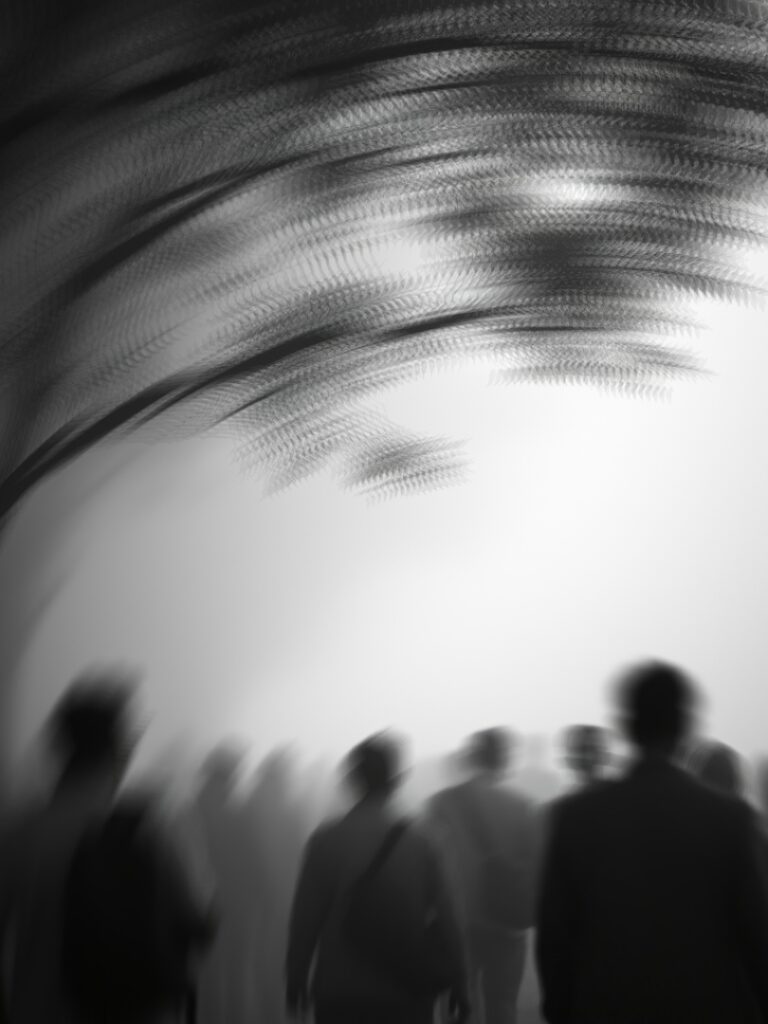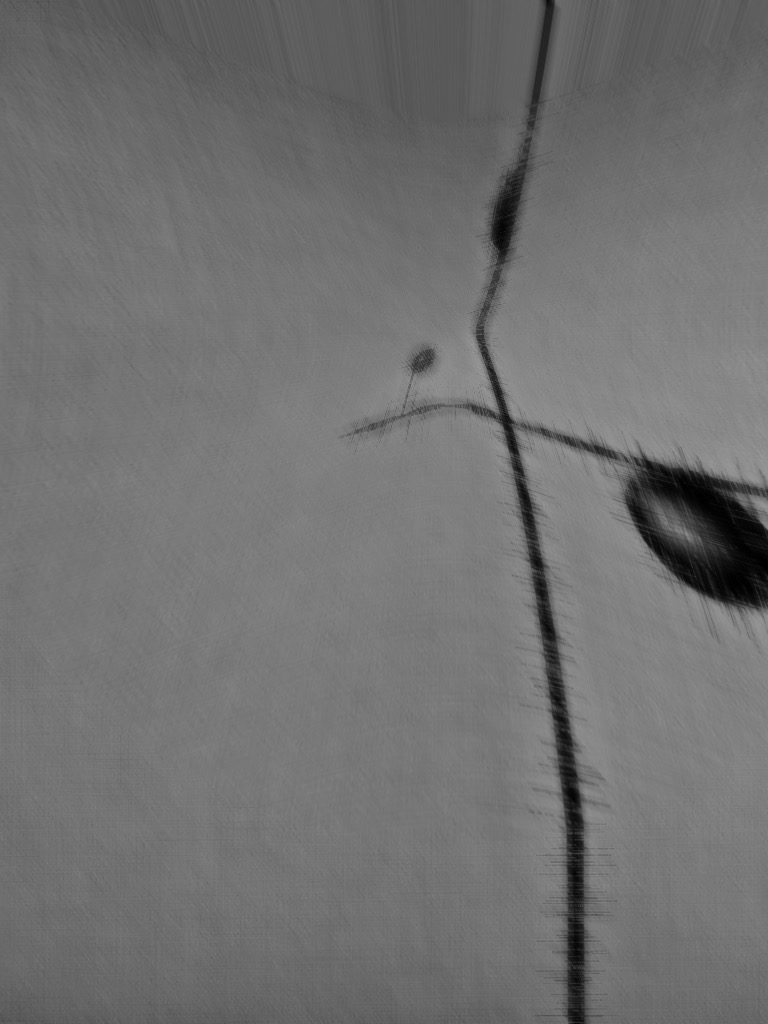Death determines and forms the thinking and philosophy of Schopenhauer. For death and dying necessarily and inevitably belong...


Death determines and forms the thinking and philosophy of Schopenhauer. For death and dying necessarily and inevitably belong...

The will to life is that around which the whole philosophy of Schopenhauer revolves. It forms his pessimism;...

Happiness lies at the heart of the thought and philosophy of Schopenhauer in such a way that its...

Heidegger sees the technological attitude of our age as neither inevitable nor natural and thinks about ways of...

Heidegger thinks of machination as the power controlling, shaping, and holding sway over the world by turning everything,...

For Heidegger, the danger lies in the taking over of all ways of thinking by calculative thinking, in...

In The Rebel, Camus asks the questions of violence and murder; their possibilities, impossibilities, and limits against the...

Camus’s critique is directed toward a specific version of “existentialism”, in which meaning is thought of still as...

In the literature discussing the thinking-philosophizing of Plato, there is no agreement concerning his thinking toward that to...

In ancient thought, Plato was considered a theologian. Later Platonism took Plato’s thinking as theologizing. Proclus approaches his...

In Being and Nothingness, Sartre says that “man is a useless passion”: An acknowledgment of the human condition...

In Sartre’s existentialism, “transcendence-transcended” is a mode of being. The human being is a transcendence, an entity that...

Foucault introduces the term ‘governmentality’ in Security, Territory, Population, and The Birth of Biopolitics at the Collège de...

It is often assumed that existentialism and “poststructuralism” think differently toward the subject and its place in thought...

Heidegger constantly thinks toward toward freedom. Freedom is questioned, approached, and investigated everywhere in his writings and lectures.

Sartre, in his later work, attempts to bring his version of existentialism together with Marxism. This attempt is...

Phenomenology is a radical and anti-traditional way of philosophizing. That it is a way of doing philosophy indicates...

For Marx, religion alienates our longings; it is the alienation of our wishes. It is here on earth...

Goodness and the good lie at the heart of the thinking-philosophizing of Plato. The good is that toward...

The question concerning religion lies at the heart of the existential thinking of Camus. This is because Camus’s...